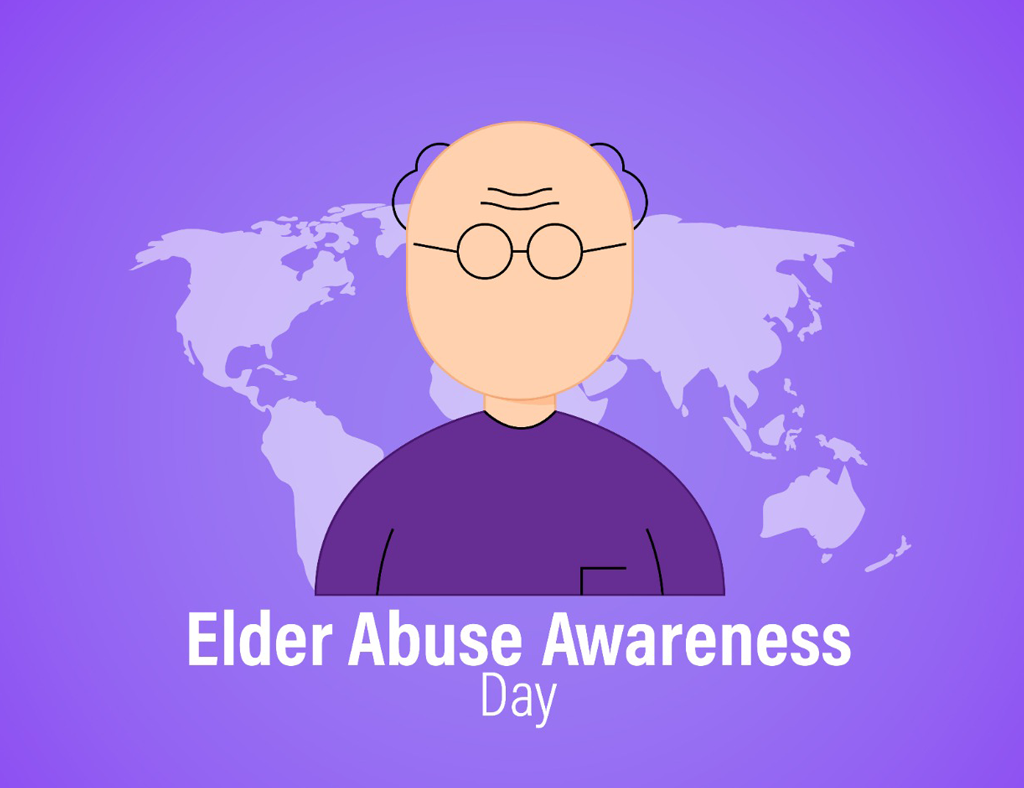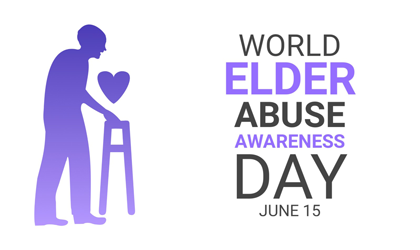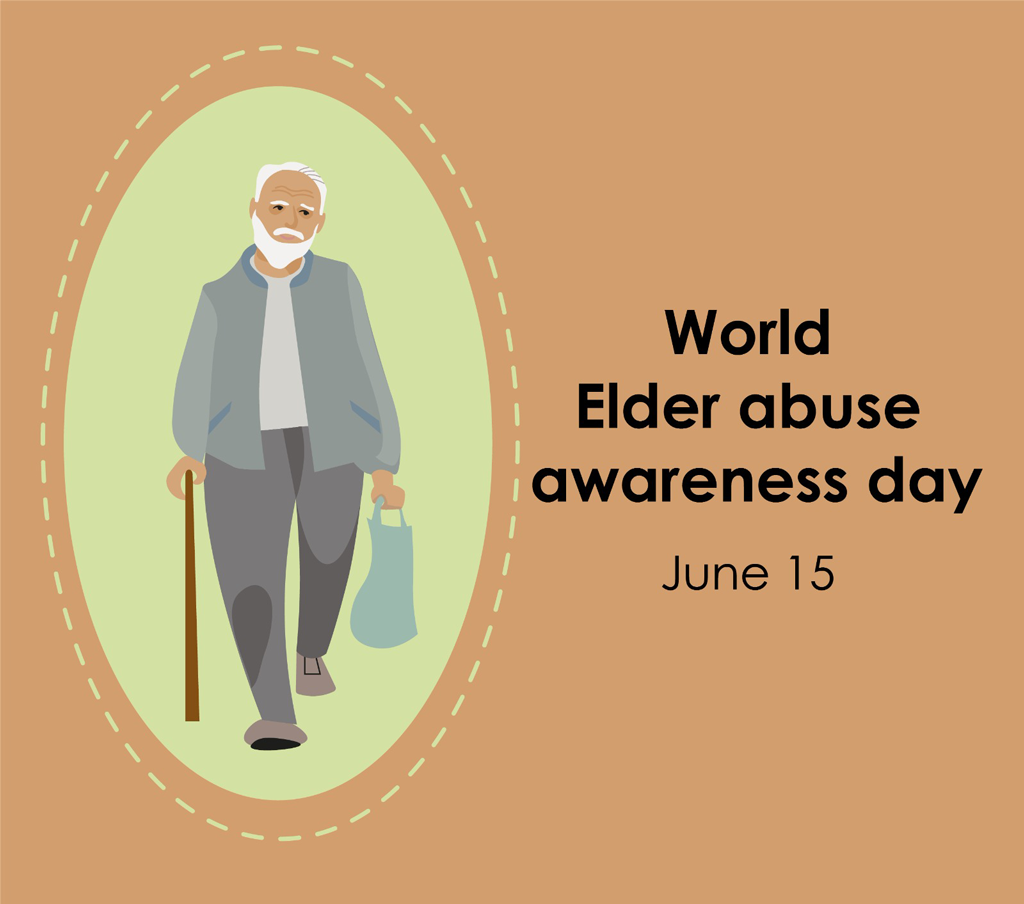PROTECTING AND HONORING OUR SENIORS
In a society that values compassion, respect and dignity, it is disheartening to acknowledge that elder abuse remains a distressing reality. World Elder Abuse Day, observed annually on June 15th, serves as a poignant reminder of the urgent need to address and prevent this issue. This day aims to raise awareness about elder abuse, promote understanding and foster collective action to protect and honor our seniors. In this blog, we will explore the significance of World Elder Abuse Day and discuss the importance of creating a world where older adults can age with dignity and security.
Understanding Elder Abuse: Elder abuse encompasses various forms of mistreatment inflicted upon older adults, including physical, emotional, psychological, sexual and financial abuse. It occurs across diverse settings such as homes, long-term care facilities and within communities affecting millions of older people worldwide. The perpetrators can be family members, caregivers or even strangers.
 Islam and Elder Abuse: In Islamic teachings, respect for elders and their well-being is highly emphasized. The mistreatment, abuse or neglect of elders goes against the principles of Islam. The Qur’an and Hadith provide guidance on how Muslims should treat their elders. Muslims are encouraged to show respect, kindness and gratitude to their parents, grandparents and elderly relatives. The Qur’an states, “And your Lord has decreed that you not worship except Him, and to parents, good treatment. Whether one or both of them reach old age [while] with you, say not to them [so much as], ‘uff,’ and do not repel them but speak to them a noble word” (Qur’an 17:23).
Islam and Elder Abuse: In Islamic teachings, respect for elders and their well-being is highly emphasized. The mistreatment, abuse or neglect of elders goes against the principles of Islam. The Qur’an and Hadith provide guidance on how Muslims should treat their elders. Muslims are encouraged to show respect, kindness and gratitude to their parents, grandparents and elderly relatives. The Qur’an states, “And your Lord has decreed that you not worship except Him, and to parents, good treatment. Whether one or both of them reach old age [while] with you, say not to them [so much as], ‘uff,’ and do not repel them but speak to them a noble word” (Qur’an 17:23).
Prophet Muhammad (peace be upon him) is reported to have said, “He is not one of us who does not show mercy to our young ones and respect to our old ones.”
 Addressing the Persistent Issue of Elder Abuse in India: India, known for its deep-rooted traditions of reverence and respect for elders, grapples with a disturbing paradox, the prevalence of elder abuse. Despite the cultural ethos that values the wisdom and contributions of older adults, instances of elder abuse persist in various forms across the country. According to reports, approximately 10% of the elderly population in India experiences some form of abuse. However, due to underreporting and societal stigma, the actual numbers are likely much higher.
Addressing the Persistent Issue of Elder Abuse in India: India, known for its deep-rooted traditions of reverence and respect for elders, grapples with a disturbing paradox, the prevalence of elder abuse. Despite the cultural ethos that values the wisdom and contributions of older adults, instances of elder abuse persist in various forms across the country. According to reports, approximately 10% of the elderly population in India experiences some form of abuse. However, due to underreporting and societal stigma, the actual numbers are likely much higher.
Addressing the persistent issue of elder abuse in India requires a multifaceted approach. It involves not only raising awareness but also implementing effective reporting mechanisms, providing support services for victims and educating the community about the rights and dignity of older adults. By challenging societal stigma and promoting a culture of respect, India can work towards creating an environment where elder abuse is unacceptable and swiftly addressed.
Written by: Mohd. Talib Khan



